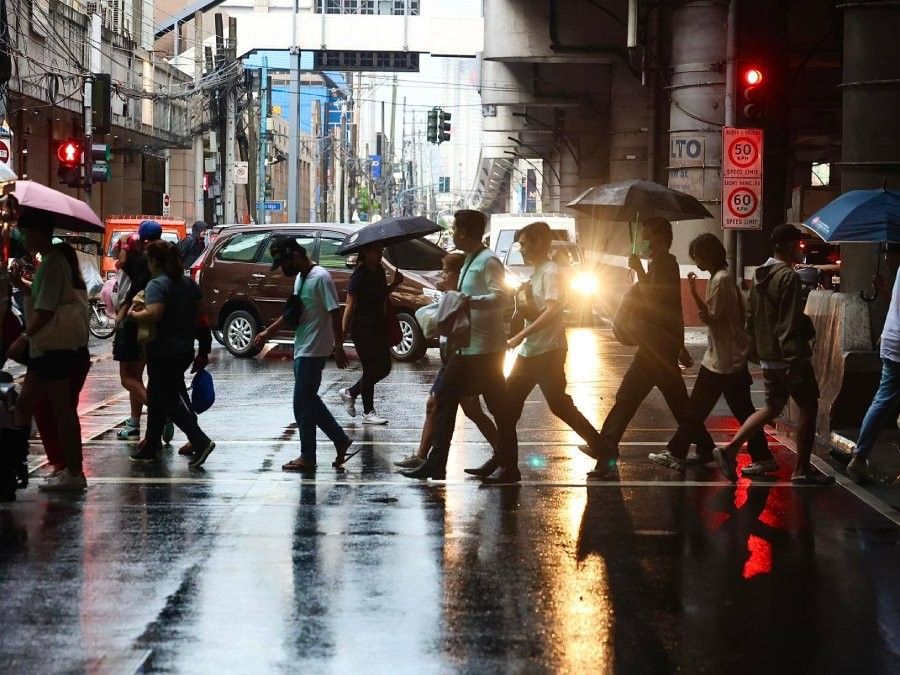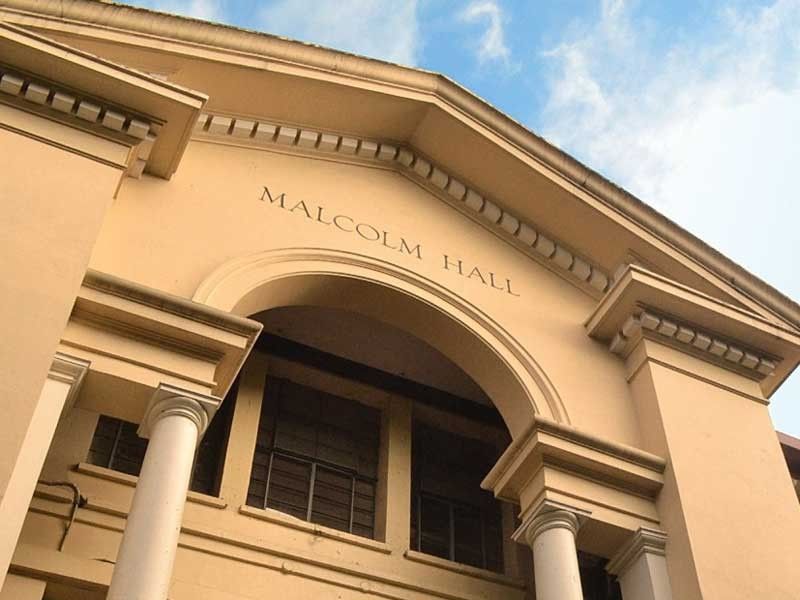
Upgrade to High-Speed Internet for only ₱1499/month!
Enjoy up to 100 Mbps fiber broadband, perfect for browsing, streaming, and gaming.
Visit Suniway.ph to learn
Cristina Chi - Philstar.com
May 28, 2025 | 2:42pm
MANILA, Philippines — Filipino students pursuing agriculture, teaching, or civil engineering in New Zealand will have a "greater chance" of obtaining visas that could lead to permanent residency, according to New Zealand's education officials.
The three occupations are part of New Zealand's "green list" – careers where the country faces domestic skill shortages and is actively recruiting overseas talent.
Education New Zealand — the agency focused on the country's international education sector — has launched a new digital marketing campaign targeting Filipino students or young professionals interested in study-to-residency pathways aligned with New Zealand's skill shortages.
"We align the education goals with what our prospective international students are looking for and what our national skill shortages are," said Ben Burrows, acting general manager international of Education New Zealand, at a press conference in Makati City. "For us, that's a huge win-win, both for New Zealand and for our international students, including students that come from the Philippines."
Burrows said the current skill shortages are in civil engineering, teaching and agriculture. These three pathways or occupations "may help lead to longer-term residency in New Zealand."
"We are actively recruiting foreign talent to come and work in those industries. That covers a whole range of different jobs within those sectors," Burrows said.
"Of course, there's always a caveat in any campaign... There's never a guarantee or promise about gaining long-term residency," Burrows said. "But it's linked to current identified skill shortages. So the green list is there for a reason."
Post-study work rights
Students who complete their degrees in New Zealand automatically receive work permits upon graduation, with the duration tied to their level of study, Burrows said.
"When we talk about post-study work rights, if a student came to New Zealand and studied a bachelor's degree, the initial entitlement would be to remain in New Zealand for three years upon graduation and work full-time," Burrows said. "So that's the first step for an undergraduate student, and then they can explore other options."
Students in green list occupations who want to stay beyond their post-study work period "have a greater chance of obtaining the different visas that potentially could then lead towards permanent residency," he added.
According to the latest available data, around 90% of students from the Philippines who come to New Zealand for their studies tend to remain in the country after graduating, with many looking toward a path to residency.
"We know that their age profile identifies a clearly older student cohort," Burrows said.
From July to December 2024, most Filipino students in New Zealand were aged 30 and above. This is higher than the global average, "which is roughly between 19 to 24, those school leavers and above."
The Philippines is also the ninth largest source of international students in New Zealand, based on 2024 data and usually are pursuing tertiary education.
In 2024, the student visa approval rate for applicants from the Philippines was approximately 79%, which Burrows said is a strong approval rate.
New Zealand's ambassador to the Philippines Catherine McIntosh said during the press conference that the number of Filipinos in her country has grown more than ten-fold since 2001 — growth that has been brought up in talks between New Zealand's defense minister and President Ferdinand Marcos Jr.
"[The defense minister] specifically thanked the president for the amazing contribution of Filipinos to New Zealand citing the growing diaspora," McIntosh said. "From 2001 it was just 10,000 and by 2023 when we conducted our census it had grown to 108,000 Filipinos in New Zealand."
"And the Minister actually commented on it's not just that Filipinos integrate well into our communities, they enhance the communities that they belong to," McIntosh added.
Education fairs
New Zealand's education partners are conducting roadshows across the Philippines to connect directly with prospective students, with events planned in Manila, Bacolod and Cebu.
The education fairs will be held from 1 to 5 p.m., starting in Manila on Saturday, May 21, at the Dusit Thani Manila Hotel. This will be followed by an education fair at the SMX Convention Center in Bacolod on June 3, and at the Seda Ayala Center Cebu on June 7.
Burrows said students should first identify their program of interest and find the education provider or schools that offer it, then apply directly to that institution to secure an offer of place.
"Once they have their offer of place, the next step is to apply for the student visa, and that can be not a long process," Burrows said. "Immigration New Zealand has a very disciplined process to assess student visa applications."
"If the student wishes, we have a selection of trusted education agents here in the Philippines who can help provide that advice and do paperwork. That's the process we always try to recommend," he added.
Students can also explore scholarship opportunities offered by individual education providers, with information available on New Zealand's website at studywithnewzealand.govt.nz.

 1 week ago
13
1 week ago
13



